In an ever-expanding economy like ours, the market is indulged in a fierce competition to attract customers. We are served with a myriad of options for every product and service, and in this mad contest, one can never say who might take us for a ride. To protect the interest of consumers, government enacted a law called Consumer Protection Act 1986, that gives us 6 basic rights. These rights are there to make sure that consumers get products and services worth their money.
Additionally, the government also plans to amend the current bill in order to bring e-commerce companies in the ambit and eliminate the presence of advocates for claims below ₹5 lakh.
Here are the rights that every consumer should be aware of:
1. Right to Choose
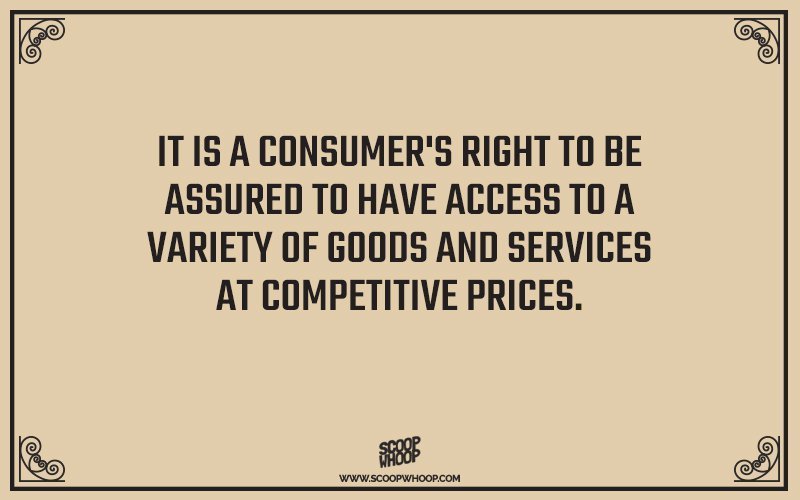
What most of us don’t know is that a consumer can even bargain on the MRP.
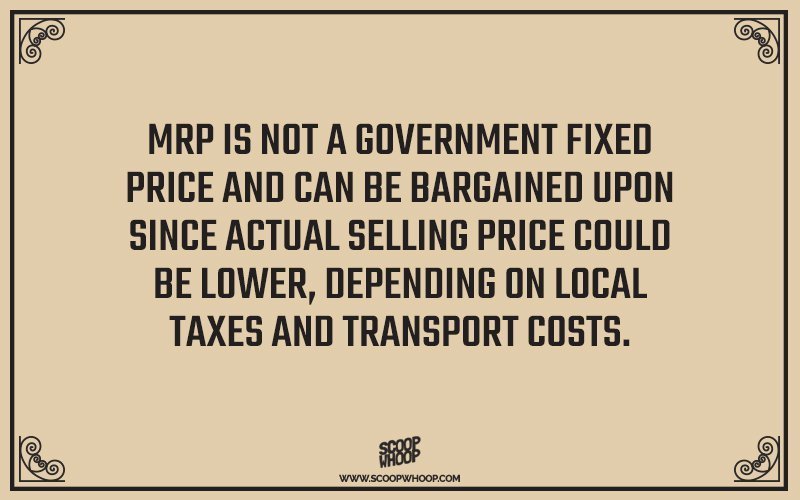
2. Right to Safety
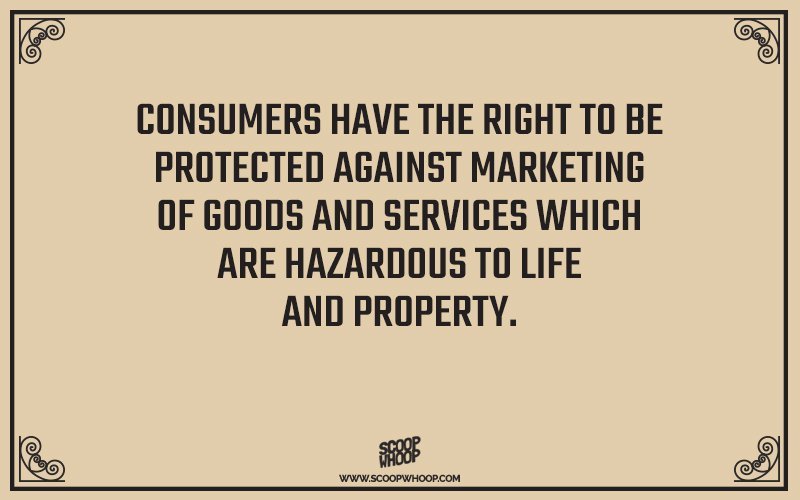
The main application of this right is in the healthcare, pharmaceuticals and food processing sector as these have direct impact on health. It aims to protect consumers against immoral practices by doctors, hospitals, pharmacies and the automobile industry. But in the absence of world-class product testing facilities in our country the right can, well, be termed as toothless.
3. Right to Information
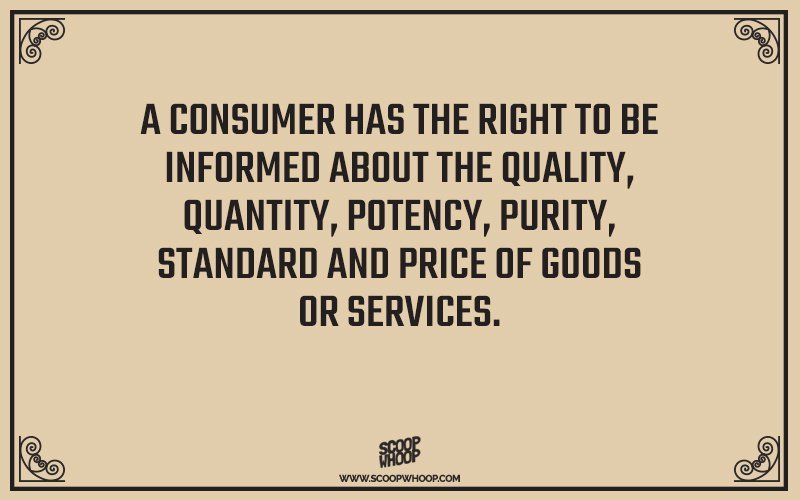
This right is meant to protect consumers against unfair trade practices. But there are many consumer goods in India that do not follow the standardized labelling convention.
Take medicines for example. The pharmaceuticals are required to disclose potential side effects of their drugs and manufacturers should publish reports from independent product testing laboratories in order to facilitate a comparative analysis with the competitive product. But there is no such thing in practice.
4. Right to be Heard

Although consumer courts are there to hear and resolve the complaints of a consumer, we still lack a substantial outlet where consumers can voice out their opinion. Having said that, there are many websites which aim to make sure that the voice of customers reach the corporate world. These websites let customers upload their grievances and file complaints. Every grievance filed gradually lessens the overall score of the product being criticized.
If the new bill seeking to amend the present law is passed, a Central Consumer Protection Authority with investigative powers will be set up.
5. Right to Redressal
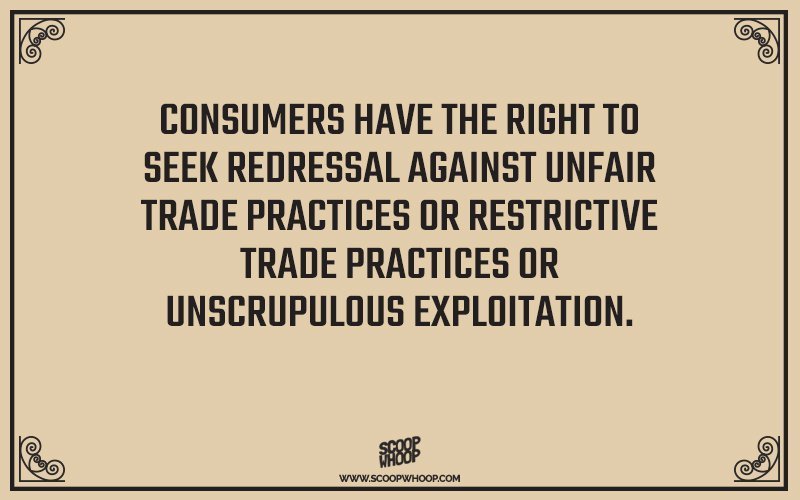
There are consumer courts at district, state and national level for redressal of disputes. But these courts have immense scope of improvement. Apart from the infrastructure constraint, the number of officials required are way less than deployed.
There are around 20-30 million open cases in India which remain unsolved and would take around 320 years to wind up.
6. Right to Consumer Education
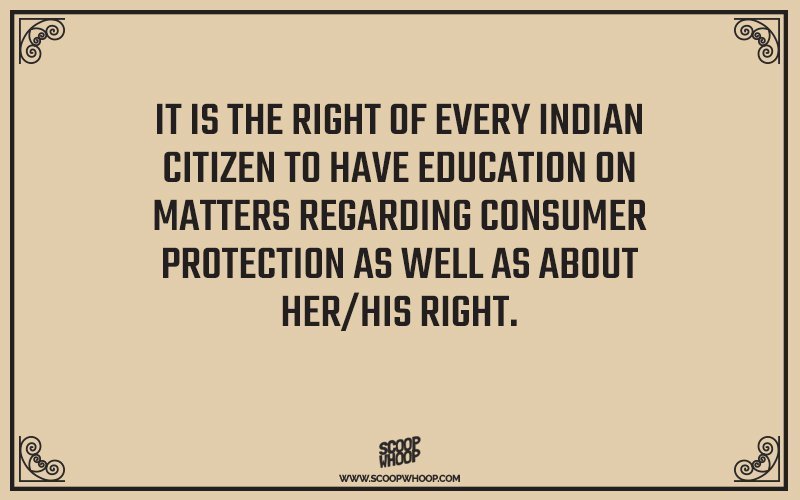
This right ensures that proper informational programs are in place that are easily accessible and help consumers make purchasing decisions. However, since most of the initiatives are taken by NGOs in India, there’s a need for the government to step up its participation.

















